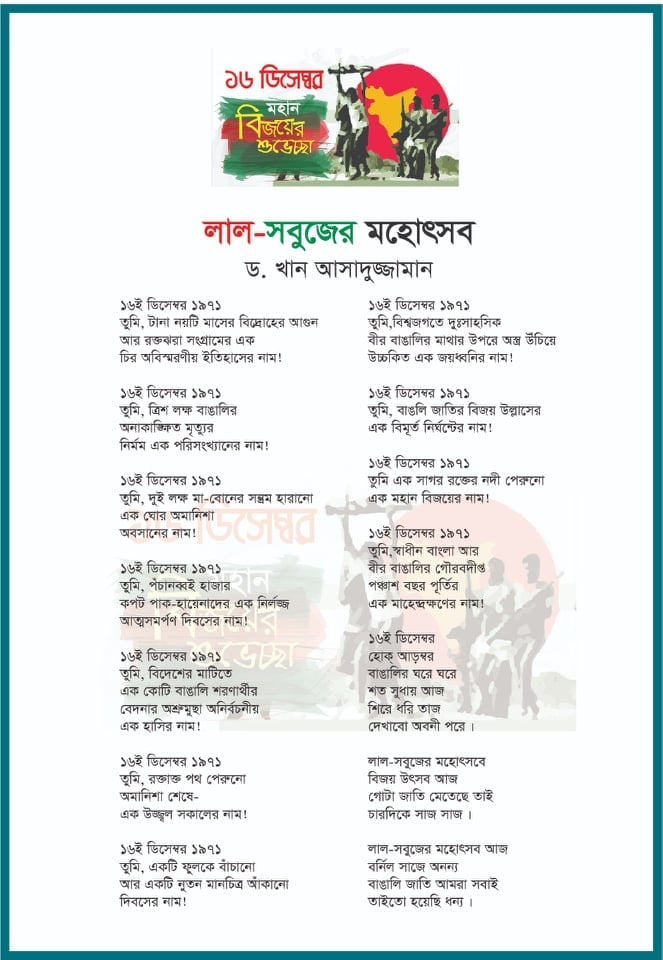When, Why, and How to Follow Up on a Job Application
- Update Time : Thursday, October 21, 2021
- 60 Time View

Content
The trick is to strike a balance between professional and eager without crossing the line into over-eager and possibly needy. Here’s everything you need to know about following up on a job interview. Make sure it’s straightforward and clear how you’re a fit for the role, using direct experience where you can.
Please, let me know if you need more details about my application. I look forward to hearing from you and to sharing my ideas on how to help your organization resolve future monitoring and evaluation challenges. I am very enthusiastic at the prospect of joining your team and leveraging my soft monitoring and evaluation skills to help reposition your organisation to greater heights.
Choose the right method of communication
While HR and company recruiters may be bogged down by piles of resumes and cover letters, you could be the only person who directly messaged the hiring manager on LinkedIn about a job. If they like what they see in your LinkedIn profile, you could be invited to interview faster and receive that job offer before others have interviewed! That’s a great way to stand out and get your resume seen after you apply for the job. Time is valuable in your job search, and while I do recommend you follow-up for feedback after each interview, I don’t recommend you follow up on every unanswered job application.
That way, you’ll be ready to answer questions if the interviewer has any. This will also help you avoid rambling or feeling flustered during the phone call. Before making a phone call to follow up on a job application, it’s important to consider the employer’s instructions, if any, provided in the job ad or on their website. If they specifically state not to contact them by phone or if they provide other preferred methods of communication, it’s best to respect their preferences and follow their instructions. The course of action you take after an interview can either boost or hurt your chances of getting a job offer. Here are quick tips for what you should and shouldn’t do when following up with a potential employer.
Using Social Media to Follow Up on Your Job Application
Job seekers who follow up sooner run the risk of overwhelming the hiring manager before they’ve had a chance to review recent job applications on their normal schedule. However, if you hear nothing back after this, it is best to start thinking about the next job opportunity. Don’t hold up your job search waiting to hear back from a hiring manager.
How do you say politely just follow up?
“I'm following up on the below” or “Following up on this [request/question/assignment]” “I'm circling back on the below” or “Circling back on this [request/question/assignment]” “I'm checking in on the below” or “Checking in on this [request/question/assignment]” “I need your input on the below by [date/time]"
So, whether you opt to call the hiring manager, draft an email, or send a LinkedIn message, try to keep your contact as brief as possible. There’s nothing like reading a job listing and feeling that this could be the perfect job for you. So, you apply to the position, send a thank-you email…and then it’s crickets.
For Career Coaches and Organizations
Following up with an email is always an option, of course, but calling may get you directly in touch with the hiring manager. It will also give you an opportunity to make your case one more time. Here’s how to follow up on a job application, with advice on what to write and https://remotemode.net/blog/following-up-on-a-job-application-why-and-how/ examples of email follow-up messages. You can also re-attach your tailored resume and personalized cover letter to the email if you’d like. Of course, they should already have them on file, but this gives them quick access right in your email as they’re reading through it.
As a general rule, you should wait one to two weeks after submitting your resume to follow up with the company. The hiring process takes time, and if you haven’t heard back for a few days after applying https://remotemode.net/ for a job, it may just mean that the employer is still reviewing your application materials. Every company’s decision timeline is different but it’s rarely the same day or even same week.
Please keep my application on file and don’t hesitate to contact me if a similar position opens up because I remain very interested in joining your team. Prepare a short pitch for the hiring manager that details who you are, what you’re applying for and touches on anything memorable that may stand out on your application. This approach makes you look professional and organized and it makes it easier for the hiring manager to recall you or access your application. Sure, knowing that your resume email has been opened doesn’t guarantee that the hiring manager has actually read your resume. But you’ll be able to make an better informed decision about following up.
How do you ask for your job back over the phone?
By using either email or a phone call, you can explain to them why you'd like to return to the company. You can keep your email or phone call brief and to the point. The main goal will be to explain that you'd like to return. This is the time you can determine how your previous supervisor feels about you returning.
So you’ve done it; you finished your resume, you wrote your cover letter, and you sent off your application. First of all, to remind the hiring manager about your candidacy. Secondly, to help you put an end to the dreadful uncertainty. It’s when you’re offered a position with a different company, but still haven’t heard back from your top pick.
If you were already communicating through LinkedIn, however, sending a message there is appropriate. It can take anywhere from a few weeks to several months to find a job, depending on the job market, the roles you’re applying for, and your industry. Employers typically prefer receiving this kind of message by email; it allows them to keep a record of your contact, and they can respond quickly. However, if you need an even quicker response (say, for example, you know they are supposed to make a hiring decision very soon), you can try reaching out to the employer by phone. Don’t follow up more than twice if the recruiter has given you a response (a deadline or a possible update) but failed to keep to it.
A hiring manager may give you a timeline about when you’ll hear back for a follow-up interview or job offer. But don’t be alarmed if you don’t hear back within that timeframe. Hiring managers often get busy and sidetracked by other high-priority tasks. Once you’ve gathered the necessary information, it’s time to decide how to contact the hiring manager.






Leave a Reply